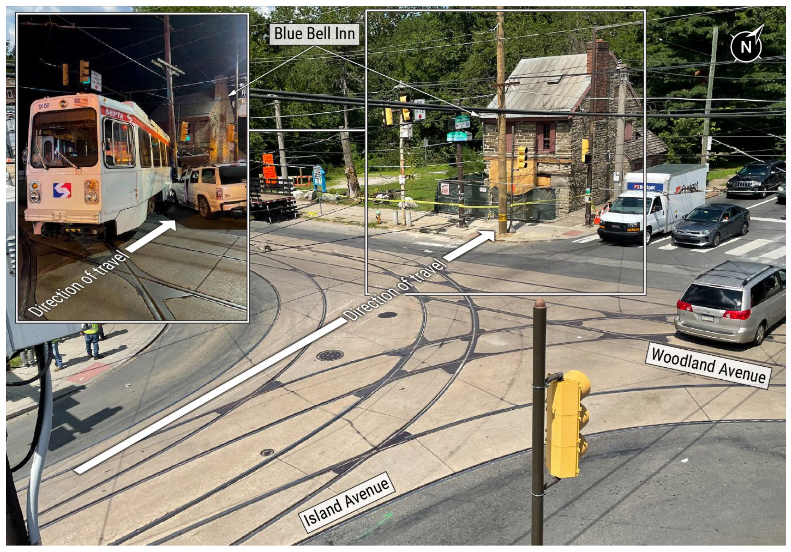
WASHINGTON — Flaws in communication at a Southeastern Pennsylvania Transportation Authority maintenance facility played a role in the derailment in which a SEPTA trolley derailed and struck a vehicle and building in July 2023, the NTSB said in its final investigation report.
The probable cause of the July 27, 2023, accident was the movement of the trolley with inoperable brakes, according to the report issued Wednesday, Oct. 30. But contributing were inadequate training resources for maintenance employees and a maintenance shift-change process that lacked communication on the condition of those brakes. The accident occurred when an employee was told to move the trolley, not knowing its brakes were disconnected.
The incident caused more than $300,000 damage to the former Blue Bell Inn, which dates to 1766, as well as an estimated $500,000 damage to the trolley. Four people were in the sport-utility vehicle that was hit; two were treated for minor injuries. The electronics specialist operating the trolley also suffered minor injuries when he jumped out before the derailment. The resident of the Blue Bell Inn building was home but was not injured.
The incident received significant media attention, as it was the fifth accident involving a SEPTA bus or trolley in a one-week period [see “Three injured as SEPTA trolley derails …,” Trains News Wire, July 28, 2023].
The Kawasaki trolley was undergoing air compressor replacement at SEPTA’s Elmwood maintenance facility, a process crossing three shifts and involving multiple workers and managers. A worker on the first shift had disconnected the brakes and moved the trolley to where a forklift could lower the air compressor; a worker on the second shift checked the compressor but did not reconnect the brakes; neither tagged the trolley to indicate the brakes were disconnected.
On the third shift, the electronics specialist was told to move the trolley to an adjacent yard for storage; when he attempted to apply the brakes after an uphill move, the trolley failed to stop and continued on a downhill grade out of the maintenance facility and onto Island Avenue. It was going about 20 mph when it derailed at a curve at the intersection of Island and Woodland avenues.
NTSB investigators found SEPTA had no written procedures for replacing air compressors at the Elmwood facility; as a result, there was no consistency about when brakes were disconnected or reconnected. The NTSB also found there were no specific guidelines for communication between employees regarding progress on a job or the condition of the vehicle involved.
Since the accident, SEPTA has stopped performing air compressor replacements at Elmwood, moving them to its Woodland facility, where they can be performed without disconnecting the trolley’s air brakes. A change to the rules handout at Elmwood now includes a checklist that includes checking the brakes before moving a trolley.
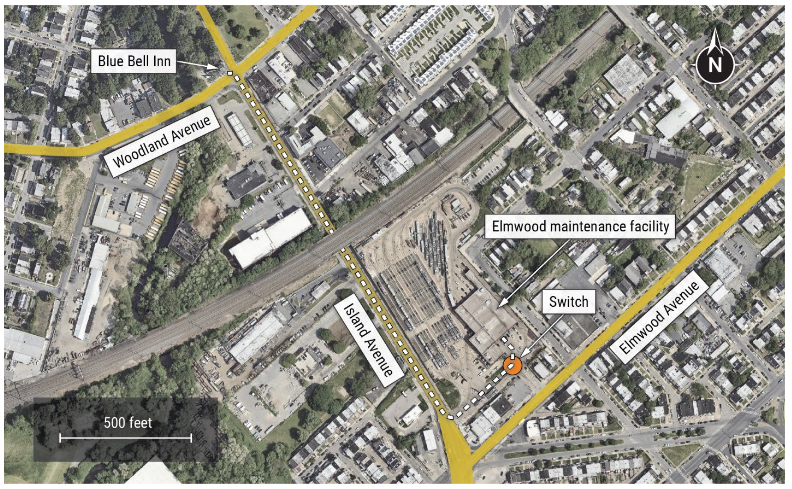






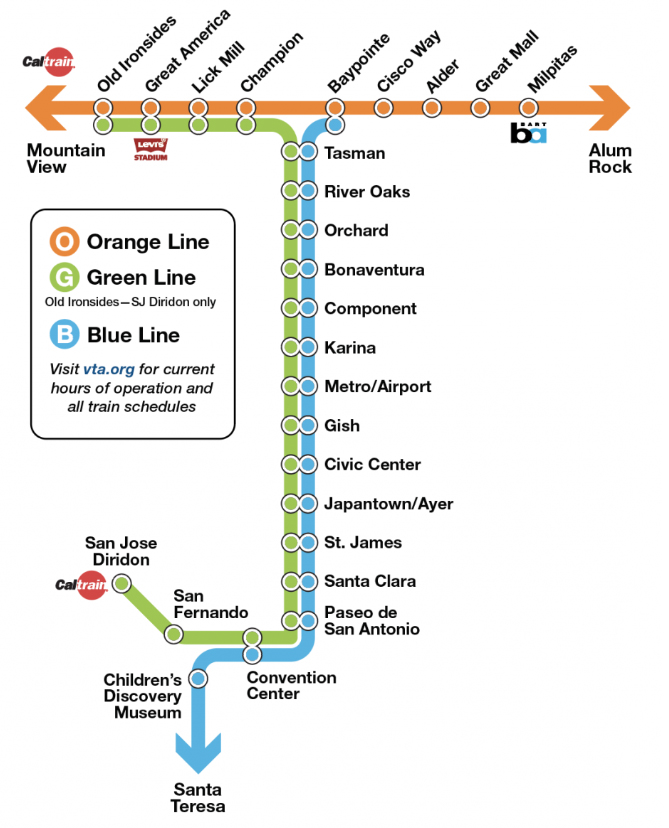
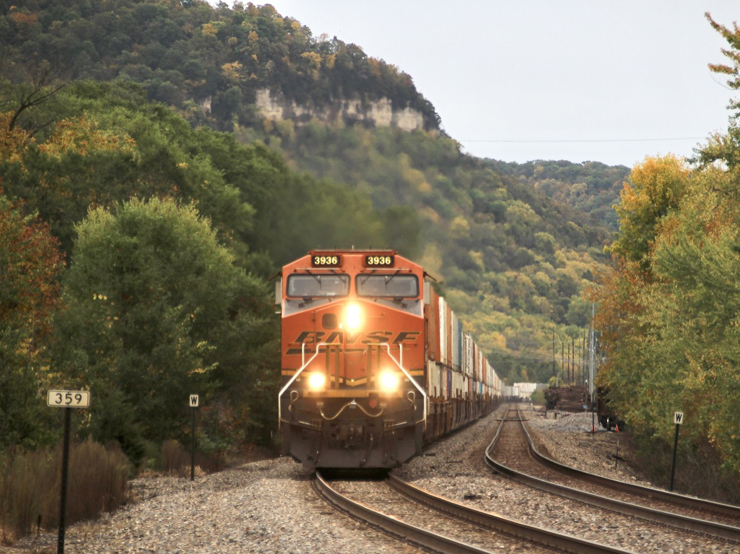
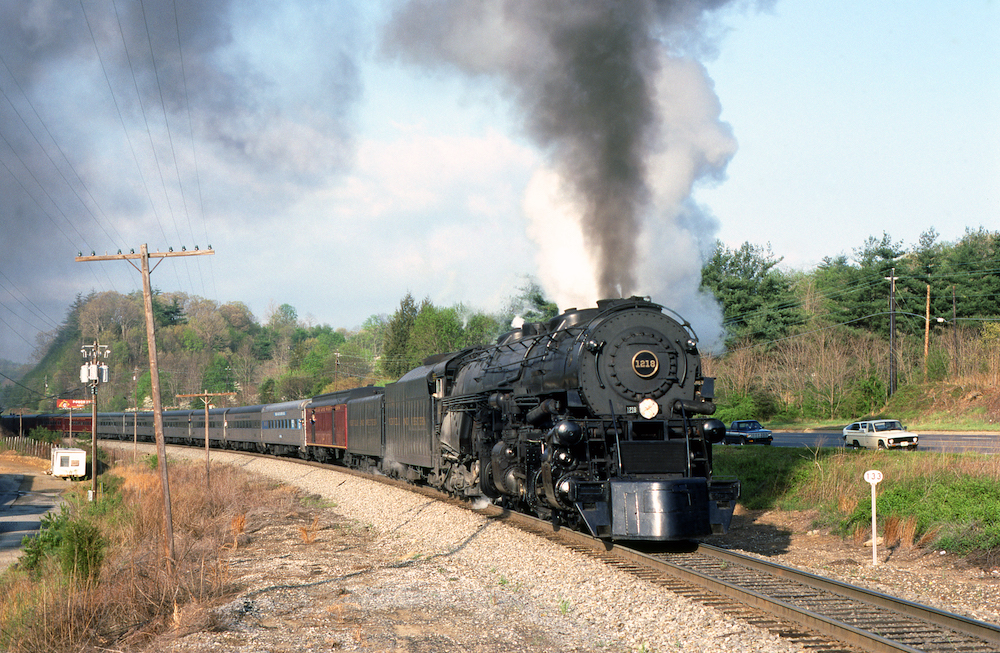
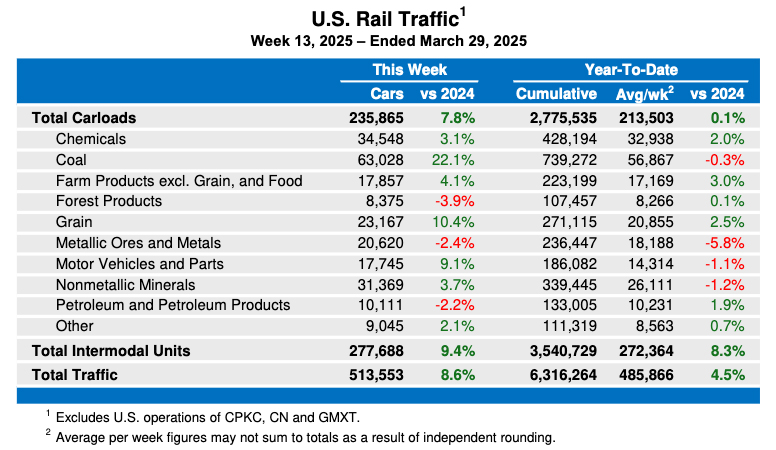




Blue flagging is to protect workers from injury. If the equipment’s out of service past the shift of the person working on it, it should have been red-tagged.
Why wasn’t it blue flagged and locked out if the brakes were not working?
SEPTA transit is not a railroad. There is no blue flag rule. As the text says, there was no written proceedure for this work at a Depot. An accident was inevitable.